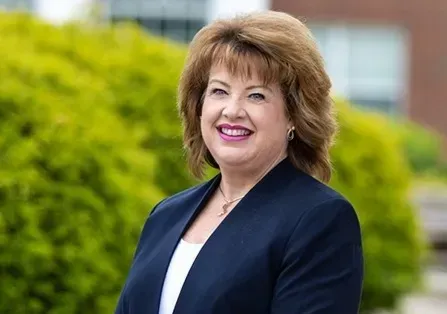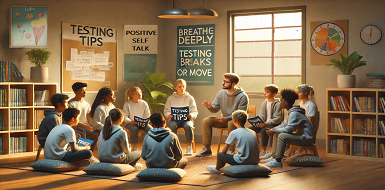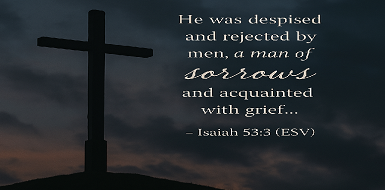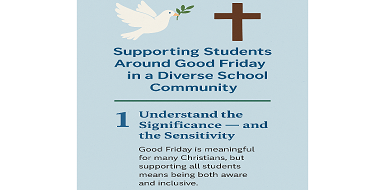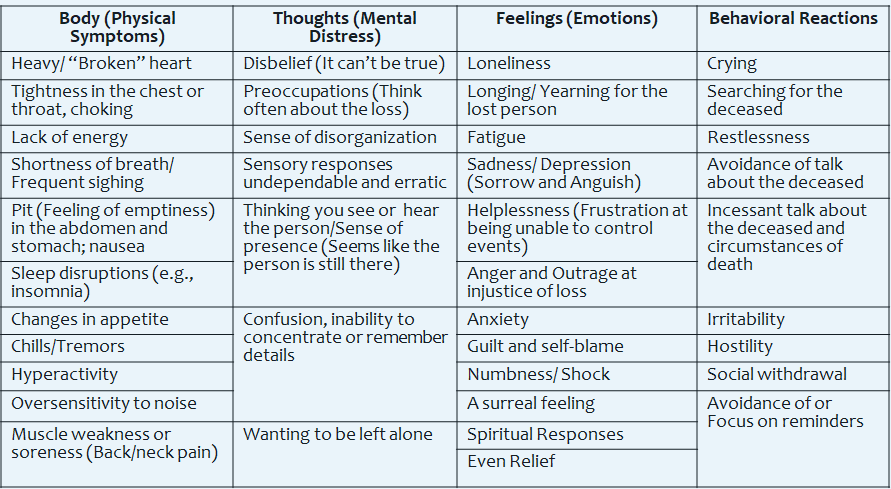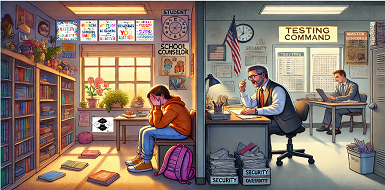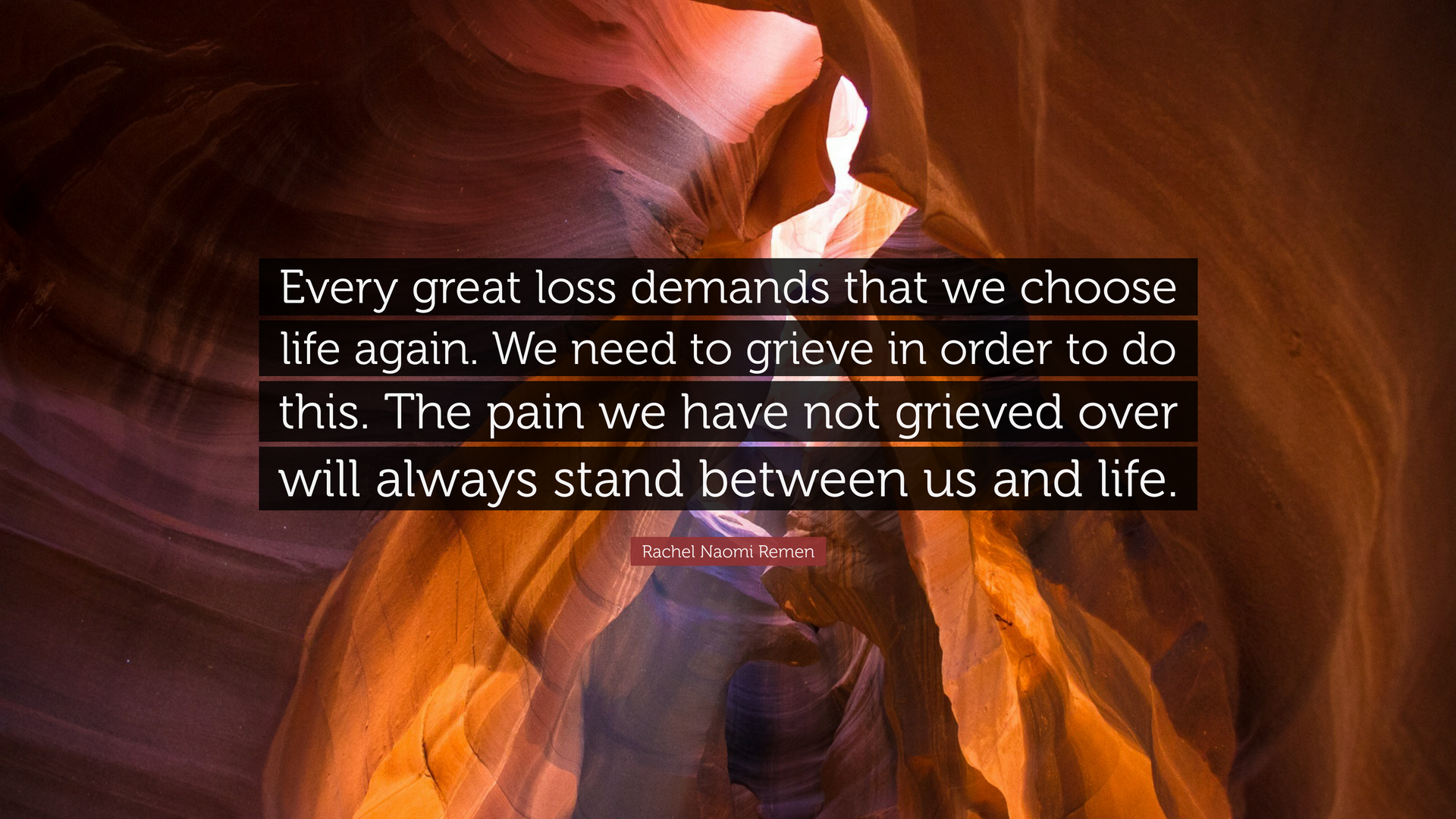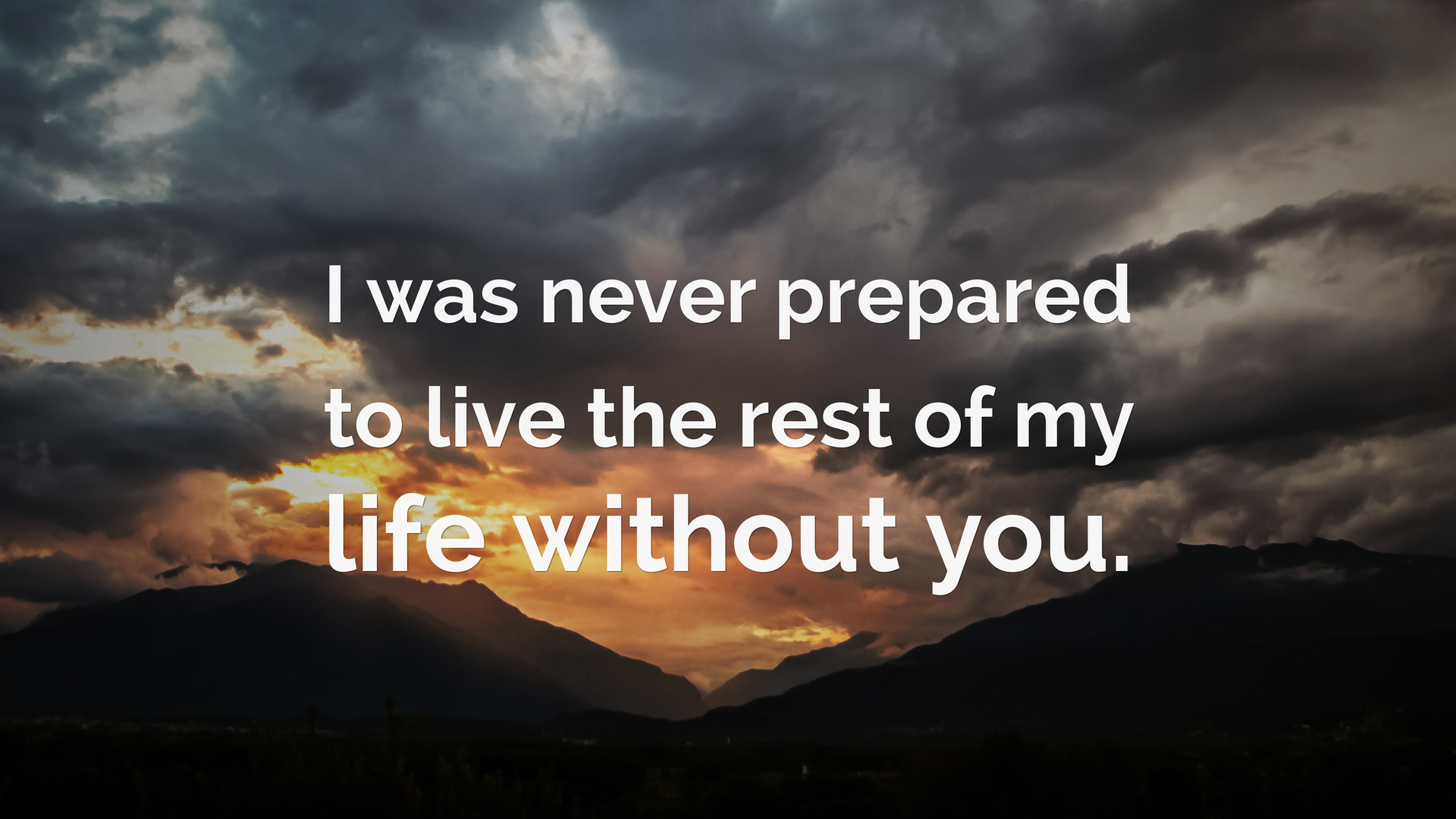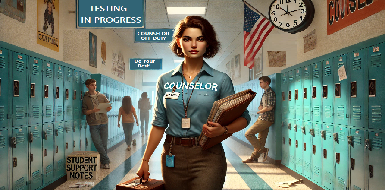School Counselors: The First Responders in School Crises
Providing Immediate Support!

When we think about first responders, we often picture police officers, firefighters, and medical personnel rushing to the scene of an emergency. But within the walls of a school, there is another kind of first responder: the school counselor. In times of crisis — whether it’s a bullying incident, a family emergency, or, in the most extreme cases, an act of violence or natural disaster — school counselors are the ones who provide immediate support. Their ability to handle such intense, high-stakes situations is a reflection of the specialized training they receive in crisis intervention and prevention.
In a world where school safety is increasingly on the minds of parents, students, and educators, the role of a well-prepared school counselor cannot be overstated. Their intervention can be the difference between a smooth recovery and long-term emotional scars for the students involved. School counselors are crucial first responders. Their education and training equips them to navigate school-related crises.
Specialized Training in Crisis Intervention
School counselors are trained to respond swiftly and effectively in a wide range of crisis situations. Their education includes comprehensive courses in crisis intervention and prevention, preparing them for both the expected and the unexpected. Whether it’s a sudden family loss, a student experiencing suicidal thoughts, or a large-scale emergency like a school lockdown, counselors are equipped with the skills to manage the situation in real time.
This training allows them to assess the emotional and psychological needs of students and staff in the midst of a crisis. They learn how to provide immediate emotional support while also keeping a cool head, ensuring that the most urgent needs are addressed first. Their training helps them understand the nuances of trauma and stress, enabling them to offer support that is not just immediate but also tailored to long-term recovery.
Managing High-Pressure Environments
Crises, by their very nature, create chaos. When tensions run high and emotions are raw, the environment can feel overwhelming for everyone involved. School counselors are trained to thrive in these high-pressure environments. They are the calm in the storm, offering clear guidance and emotional support when others may feel uncertain or panicked.
One of the critical components of their role is mediating conflicts. They act as neutral parties, helping to de-escalate conflicts before they worsen. Their ability to remain level-headed while navigating complex emotional dynamics allows them to bring resolution and, more importantly, healing to situations that could otherwise spiral out of control.
Support During and After Critical Events
A crisis doesn’t end when the event itself is over. In many cases, the emotional aftermath lingers, leaving both students and staff grappling with feelings of fear, anxiety, or grief. School counselors play a vital role in the recovery phase, providing ongoing support long after the initial crisis has passed.
They work one-on-one with students who may need additional counseling to process what they’ve experienced. In some cases, they facilitate group discussions or peer support programs that allow students to express their feelings and find a sense of community. For staff members who were directly impacted or who may be struggling to support their students, school counselors offer guidance, resources, and a listening ear.
By providing this continuity of care, counselors help to minimize the long-term emotional fallout that can occur after a traumatic event. They not only address the immediate emotional needs but also build a path toward healing and resilience for the entire school community.
Peace of Mind for Families and School Communities
In an age where school safety is a constant concern, knowing that there is a well-prepared counselor — who the administration utilizes appropriately to provide mental health care — on staff offers a level of peace of mind to families. Parents send their children to school hoping they will be safe, and while we cannot always predict or prevent every crisis, having a trained professional ready to respond can make all the difference.
School counselors are not only trained to handle individual emotional crises but also to coordinate with other professionals, such as school resource officers, administrators, and local emergency responders. This means that in the event of a school-wide emergency, the counselor is an integral part of a larger crisis response team, helping to ensure that the entire school community is supported through the process.
Parents can take comfort in knowing that their child’s school has someone on staff who not only understands the emotional impact of a crisis but also has the training to manage it with professionalism and care. This sense of security is invaluable, particularly in a world where school-related crises seem all too frequent.
Preventing Long-Term Emotional Fallout
One of the greatest impacts a well-trained counselor can have is preventing long-term emotional damage in the wake of a crisis. Children and adolescents are especially vulnerable to trauma, and without proper intervention, the psychological effects of a crisis can manifest in ongoing anxiety, depression, or behavioral changes.
School counselors are trained to identify these symptoms early and intervene before they escalate. They work with students to develop coping mechanisms, build emotional resilience, and regain a sense of normalcy. In many cases, school counselors also work with parents, providing them with tools and strategies to support their child’s emotional recovery at home.
By offering both immediate and long-term care, school counselors can significantly reduce the lasting effects of trauma, helping students return to their academic and social lives with confidence and emotional strength.
School Counselors Are the Quiet Heroes
In times of crisis, school counselors often work behind the scenes, quietly managing the emotional and psychological toll that such events can have on students and staff. Their specialized training in crisis intervention and prevention makes them invaluable first responders in the school setting. They are the ones who ensure that students not only survive a crisis but also have the support they need to thrive afterward.
In a world where school safety concerns are ever-present, knowing that a well-prepared school counselor is on hand offers a level of reassurance that can’t be overstated. Their ability to provide immediate care, mediate conflicts, and guide long-term recovery is a crucial part of ensuring that our schools remain safe and supportive spaces for all students.
When a crisis hits, school counselors are the quiet heroes—stepping in to heal, to comfort, and to make sure that life, however altered, can go on.
I am a school counselor turned counselor educator, professor, and author helping educators and parents to build social, emotional, and academic growth in ALL kids! The school counseling blog delivers both advocacy as well as strategies to help you deliver your best school counseling program.
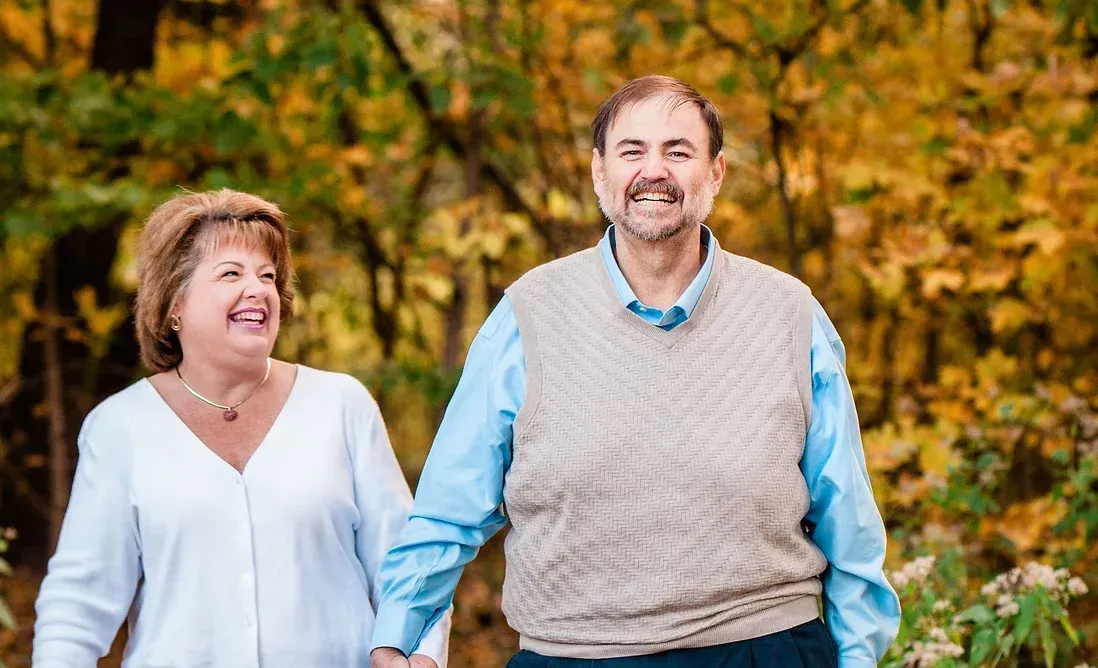
I'm a mother, grandmother, professor, author, and wife (I'll always be his). Until October 20, 2020, I lived with my husband, Robert (Bob) Rose, in Louisville, Ky. On that awful day of October 20,2020, my life profoundly changed, when this amazing man went on to Heaven. After Bob moved to Heaven, I embraced my love of writing as an outlet for grief. Hence, the Grief Blog is my attempt to share what I learned as a Counselor in education with what I am learning through this experience of walking this earth without him. My mission is to help those in grief move forward to see joy beyond this most painful time.
